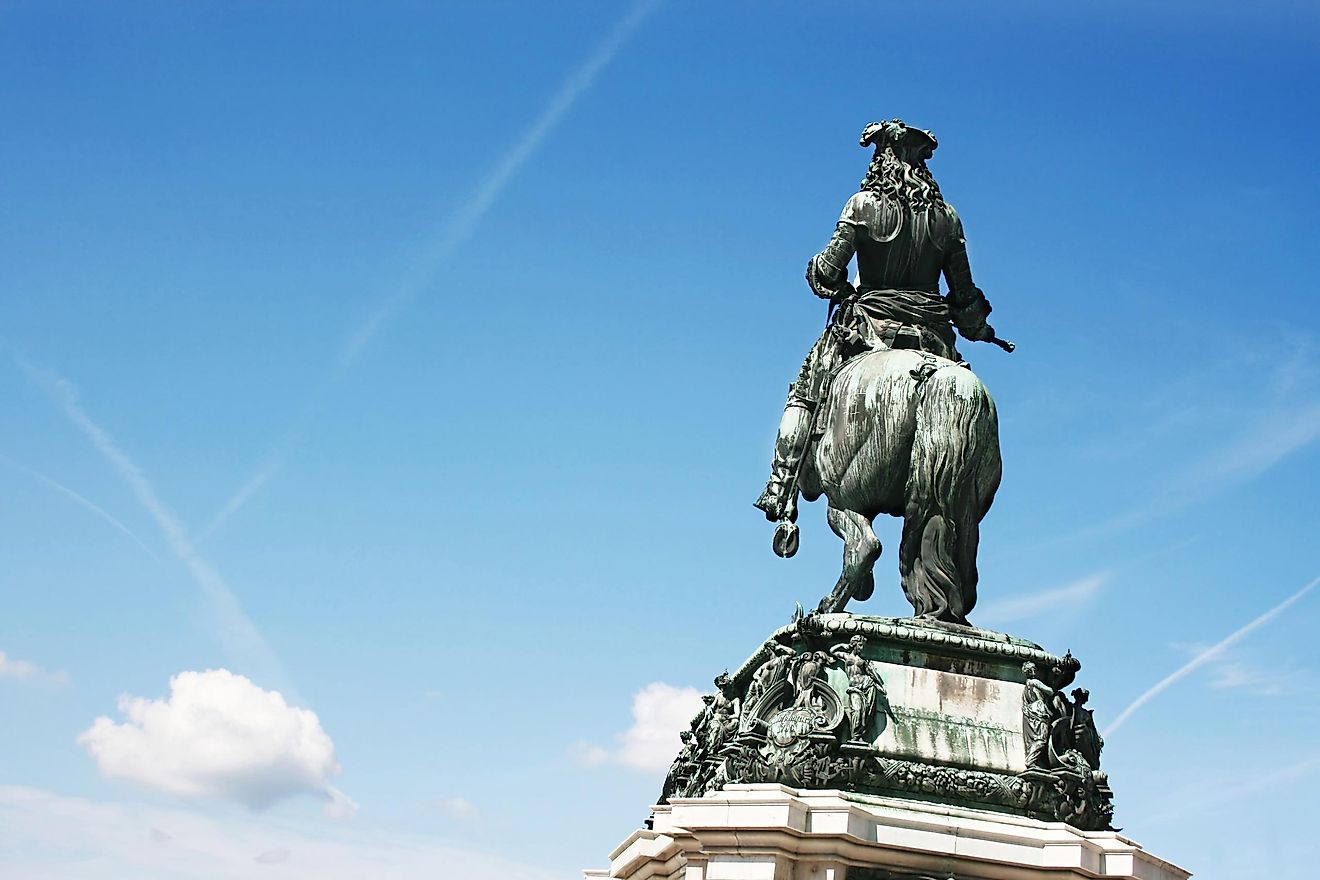Franz Joseph I of Austria Biography

Francis Joseph I, popularly known as Franz Joseph I, was the King of Hungary and Bohemia, an Emperor of Austria, as well as a monarch of several other states of the Astro-Hungarian Empire from 1848 to 1916. He was also the German Confederation’s president from 1850 to 1866. Franz Joseph I is considered the longest-serving King of Hungary and Emperor of Austria and the third-ruling monarch of any country in the history of Europe. He acceded to the throne following the abdication of the throne by Emperor Ferdinand (his uncle) as a plan to end Hungary’s Revolution of 1848.
Early Life
Franz Joseph I was born on August 18, 1830, in Vienna’s Schonbrunn Palace. He was the firstborn son of Franz Karl (the Archduke and son of Francis II) and Archduchess Sophie. His uncle, Emperor Ferdinand, was the reigning emperor at the time. Because the emperor was not so strong-minded, Franz Joseph’s mother decided to bring up his son as the future leader and emperor, with the main focus on diligence, devotion, and responsibility. When Franz turned 13 years, he joined the Austrian army as a colonel. From then until his death, he always wore the military uniform. In April 1848, he was appointed the Governor of Bohemia but never took up the post. Instead, he joined a military campaign in Italy.
Accession to the Throne
While Franz was in Italy, his family flee the revolutionary Vienna to Innsbruck. In June 1848, he joined his family in Innsbruck where he first met Elisabeth, who later became his wife. Franz and the court traveled back to Vienna after Austria’s win over the Italian forces in July 1848. However, Vienna again became unsafe and the court left in September for Olomouc, Moravia. In December 1848, Emperor Ferdinand abdicated the throne and Franz succeeded him as the new Emperor of Austria.
Major Contributions
As a new emperor and with the help of Prime Minister Prince Schwarzenberg, Franz Joseph was able to grant a new constitution in 1849. He also led a military campaign against Hungarians who were rebelling against Habsburg's central authority. He was also faced with renewed fighting in Italy. With the help of the Russian troops, Franz crushed the revolution in Hungary and restored order throughout the Empire. Soon, Austria began a recovery of its position on the international scene. One of the main foreign policies of Franz was to unite Germany under the House of Habsburg. However, his desire to retain the non-German Austrian Empire proved problematic. Two factions immediately emerged; one supporting Greater Germany and the other supporting Lesser Germany. The contest between the two factions led to the Seven Weeks War which was won by the Prussians and Austria was excluded in the unification of Germany. Franz Joseph is also credit for starting World War I when Austro-Hungary declared war on Serbia on July 28, 1914.
Personal Life and Death
Franz Joseph married Elisabeth of Bavaria in April 1854 in Vienna, with whom he fathered two children, Sophie and Rudolf. Although Franz loved his wife, Elisabeth did not feel the same. The Emperor met and fell in love with Katharina Schratt, a relationship that was tolerated by the wife. Franz Joseph died on November 16, 1916, in Schonbrunn Palace from pneumonia.











